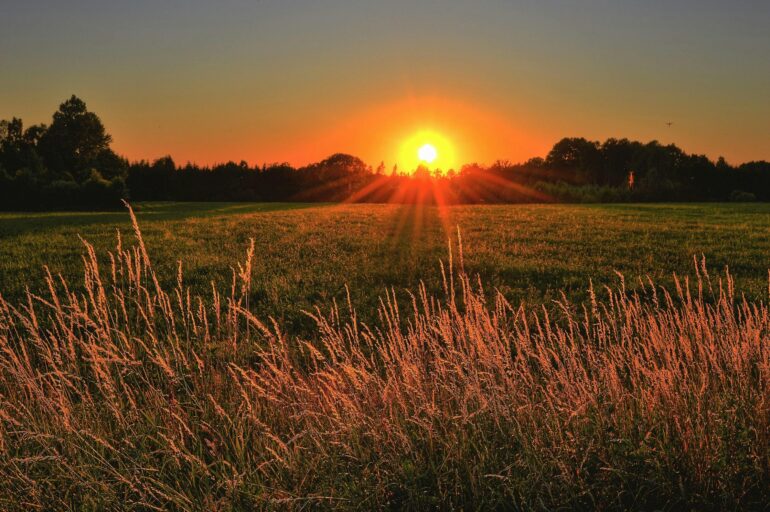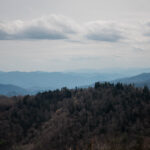Leaves stretch up, encouraged by the need to survive, some being transformed into a yellow-green color in the sun. My eyes soak in the sea of green freckled with browns and the occasional orange leaf. Seeing this beauty makes me want to protect it. There won’t be any trees if climate change runs its course and our planet becomes uninhabitable.
I’m not alone in this urge; environmentalism has grown in popularity recently. Ironically, the American church has yet to wholeheartedly join the movement. The first instruction God gave humanity in Genesis 1:28 was to “fill the earth and subdue it; and have dominion over the fish of the sea and over the birds of the air and over every living thing that moves upon the earth.” Similarly, Psalm 115:16 writes, “The highest heavens belong to the LORD, but the earth he has given to mankind.” Time and time again, the Word of God proclaims the beauty of the land and our responsibility to it. So why are most American Chrisitans so apathetic towards the land?
Let’s turn our attention to a group that could not be further from apathy. Indigenous peoples of the Americas have been and continue to be wonderful stewards of the earth since before Europeans colonized. In “Braiding Sweetgrass” by Robin Wall Kimmerer, she tells collected stories of the natural world influenced by both her Potawatomi and professional botanist backgrounds. Throughout the book, the land is continuously framed as a gift. In one of the first chapters, she describes her childhood love for wild strawberries and writes that, even as an adult, “finding a patch of wild strawberries still touches me with a sensation of surprise, a feeling of unworthiness and gratitude for the generosity and kindness that comes with an unexpected gift… ‘Really? For Me? Oh you shouldn’t have.’” Imagine if Christians embraced this attitude towards the whole earth. What if our walks to class or time spent on Reasoner Green were filled with this abundant thankfulness? We would be continuously aware of the goodness of God.
Kimmerer emphasizes the need for a reciprocal relationship with the land. The land is not here for us to use and exploit, but rather we are to live in harmony with it so we may both prosper. She compares her traditional gift economy to America’s contemporary private property economy. “In Western thinking, private land is understood as a ‘bundle of rights,’ whereas in a gift economy property has a ‘bundle of responsibilities’ attached,” Kimmerer writes. In our private property based economic system, the land is thought of as a resource to use. In a gift economy the land is a family member; you have a relationship with the earth.
Beginning to think of the land in an animated way, as if the land were a person, can be challenging. But you can begin to love the land in small ways. Bring your own bags to the grocery store so you don’t have to use single-use plastic bags. Go on a walk and appreciate the changing leaves. Shop second hand whenever possible. Be aware of what can and cannot be recycled and avoid contaminating recyclable goods.
Small actions like this are often thought of as useless because they alone will not reverse climate change or restore the environment. But building these things into your daily routine reminds you to love and take care of the world we live in. In giving your time and attention to the land, you will begin to notice all the gifts God has given you through the land. “A gift creates an ongoing relationship,” writes Kimmerer. Let’s embrace that relationship.




